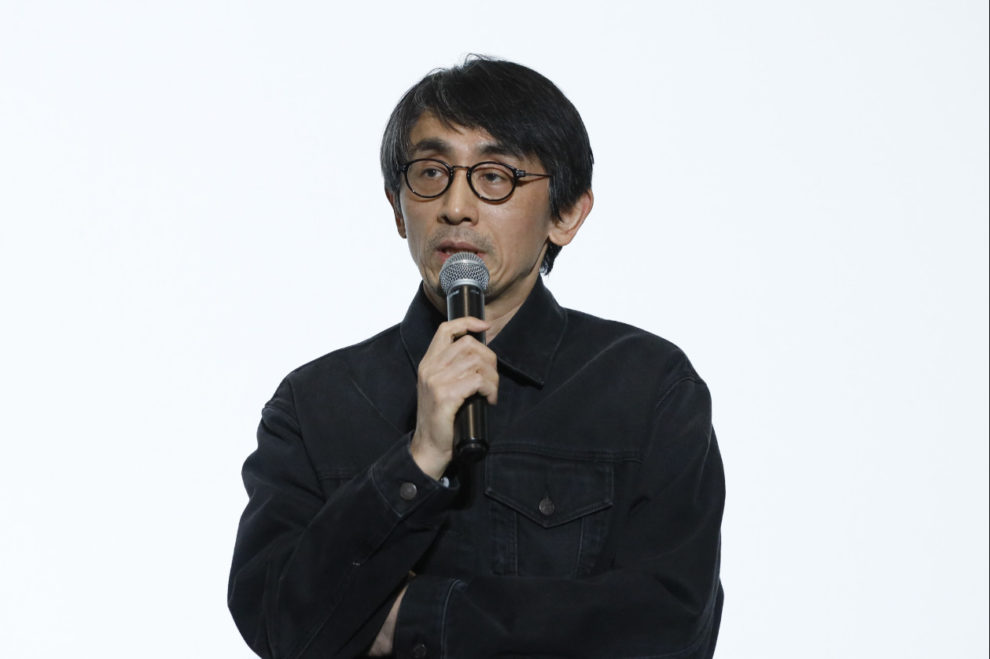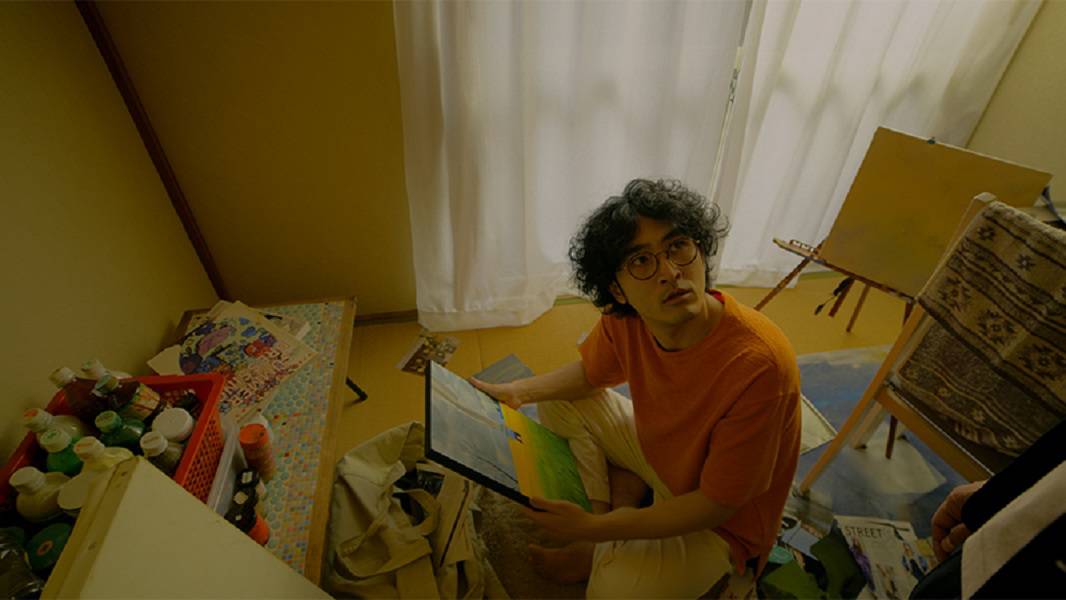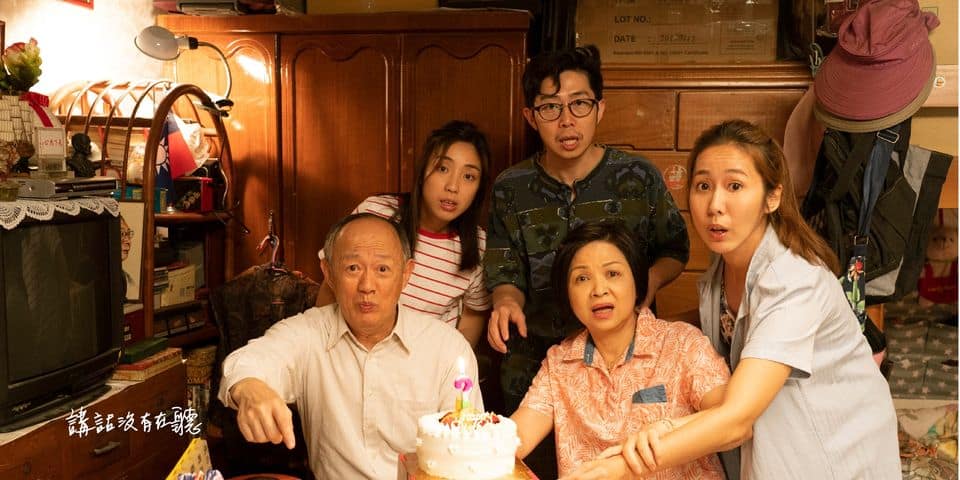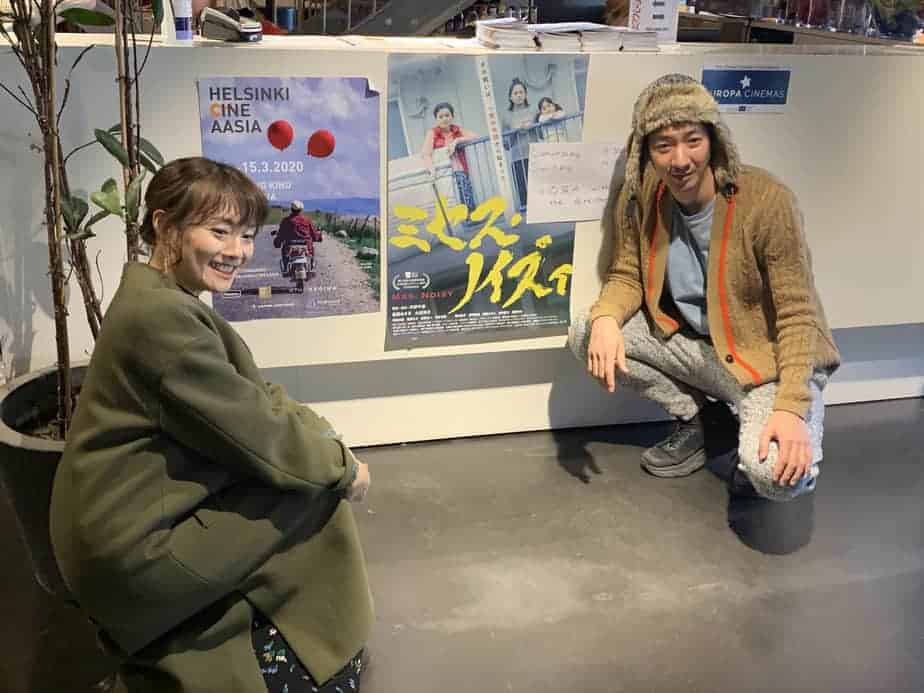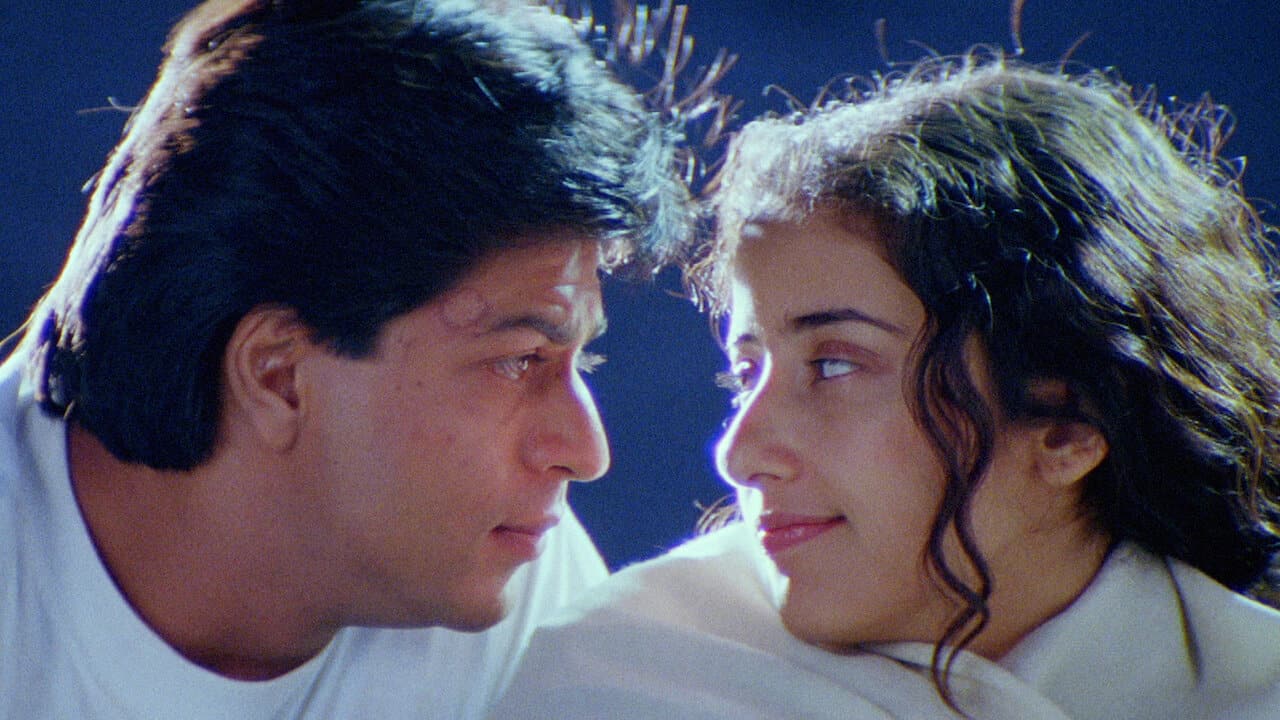Translation by Lukasz Mankowski
Born in 1963 in the Kagoshima prefecture, Daihachi Yoshida has been working as a commercial director for over 18 years. He has directed over several hundred commercials up to date, and has won many awards such as Cannes, IBA, CLIO, NY, AdFestAsia Pacific and is considerated a top rated director in the advertising world. In addition to commercial, he has directed music videos, television dramas, and short films. Past short films include Otokonoko Wa Minna Hikoki Ga Suki (Every Boy Loves Airplane, 2002) and Mitsuwa (2003). Since 2006 and “FUNUKE Show Some Love, You Fools!” he has also been directing feature films, having won awards from Japanese Academy (2013, Best Director for “The Kirishima Thing”) and Busan (2017, Kim Ji Seok Award, “The Scythian Lamb”). “Kiba: The Fangs of Fiction” is his latest work.
On the occasion of “Kiba: The Fangs of Fiction” screening at Toronto Japanese Film Festival, we speak with him about adapting Takeshi Shiota's work, Yo Oizumi and Shinya Tsukamoto, printed media nowadays, the Japanese movie industry and other topics.
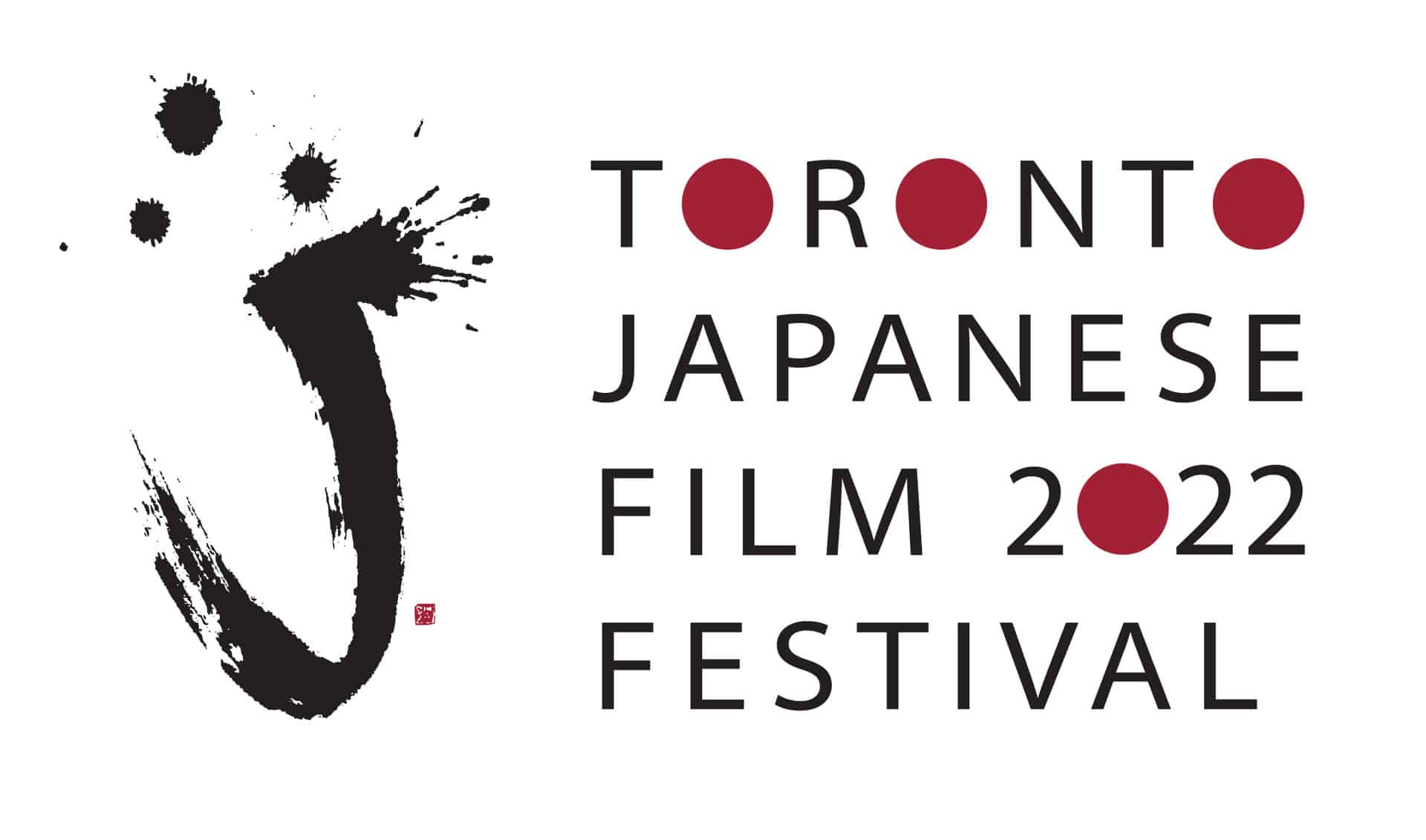
Why did you decide to adapt “Damashie no Kiba” by Takeshi Shiota? Do you prefer directing your own scripts or adapting other people's work?
I felt that since I haven't really openly dealt with any of the contemporary Japanese social issues so far in my career, it might be a good opportunity to change it. As a matter of fact, the setting of the literary industry is a world that I've been familiar with since I was a kid, so it also became the reason for opting for that particular topic.
The novel was written with Yo Oizumi in mind as the protagonist. How did that happen and was it easy to convince him to play the role? How was your cooperation with him?
I think that he was able to play a very difficult role of someone whose mind is difficult to read, and he delivered his character with this beautiful, yet puzzling charm – and that was precisely what I was aiming for. I guess I want the audience to endorse something that hasn't appeared in his work so far: a glamorized character that abounds in ambiguity.
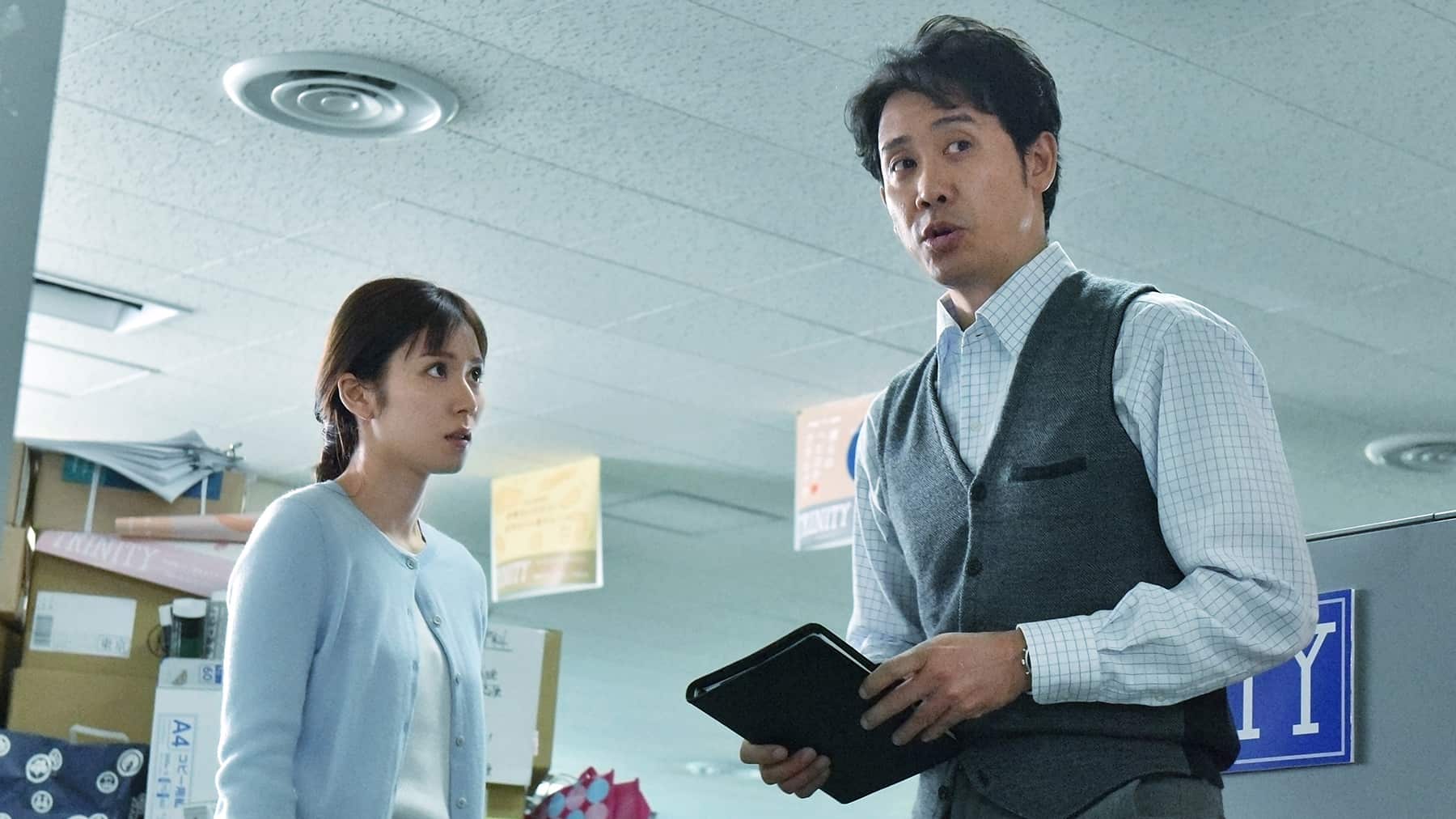
What do you feel is the place of printed media in the current, Internet-driven society? Do you read magazines?
Personally, I've started to read way more stuff published on paper since the beginning of the pandemic. I also noticed it's not just me, but a lot of people around. That said, the publishing companies and bookstores still seem to be struggling, barely making it through, so I guess the polarization of digital and traditional media is still progressing. Unfortunately, all of my favorite magazines have vanished.
What kind of research did you do regarding the particular industry in Japan?
Aside from the books or texts I've read through in order to get the research done, I've conducted plenty of interviews with people who work for publishing companies or as editors in the magazines or observed them at work. There was a lot of material or real situations that inspired me throughout this time and I eventually included it in the film as well.

The cast is rather impressive. Can you give us some details regarding the casting process? How is it working with an actor that is also a director in the case of Shinya Tsukamoto?
I think that casting is the most important part of the pre-production. Of course, in order to make a better casting, you need a good script. Then there's the balance between the actors, the chemistry that makes everything interesting and appealing – I'm always looking for these things in the actors I select for my films. With this film, the basis [for casting the other actors] was how powerful their facial expressions would be in response to losing to the character Hayami played by Oizumi.
As for Tsukamoto-san, he's the filmmaker from the industry I respect the most. I've known him from the times he was engaged in the activity in a very small theatre, where he was giving all his heart to the work he was doing back then, so I wanted to ask him to play the role of the bookseller based in the city that is also going through a hard time. He praised the script very highly, so it made me believe in the story I wanted to convey even more.
How was your cooperation with DP Hiroshi Machida and what was your purpose in the visual aspect of the movie?
Since I've worked in commercials and had a lot of prior experience in short films, we were able to work with the team very smoothly from the very start of this project. As for the visual style, I had a very clear image in my head about the rhythm of the storytelling. From the stage of writing the script, we aimed for a visual language that would be accurate to this tempo – very sharp, very quick, and lucid.
What is your opinion of the Japanese movie industry now?
I think that the current structures of Japanese film industry are approaching its limits. I have no choice but to persistently keep on looking for solutions for my own sake and my own future, so that I can continue on working in film.
Are you working on any new projects?
With my next project, I'd like to do something that would be the exact opposite of ‘Fangs of Fiction' – a small, personal project that would equally pierce through the audience's sensitivity with a poignant storytelling. I'm currently in the process of developing the film.


